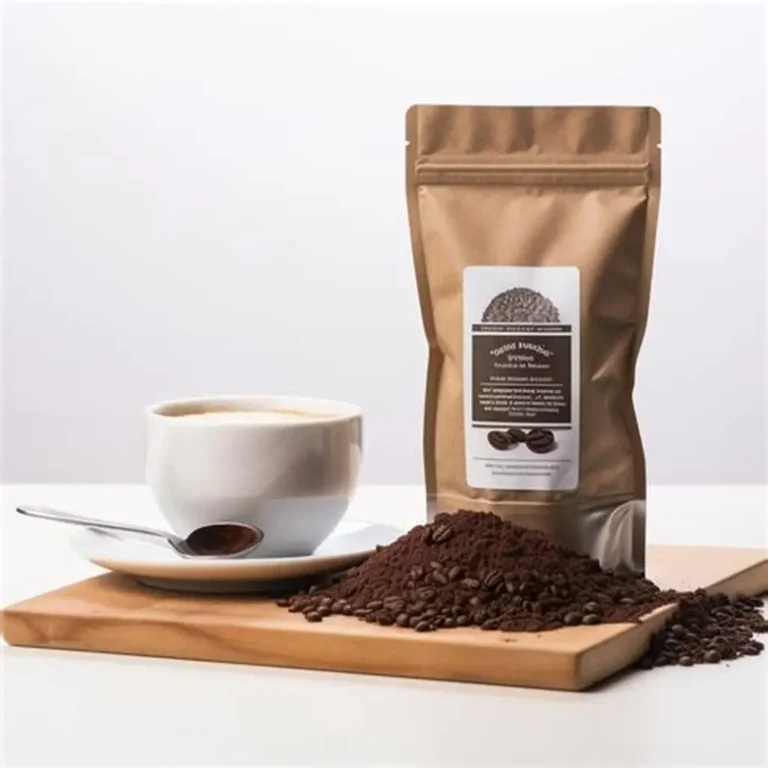
Overview of Clause 5(3)(C) of Food Safety and Standards (Labeling and Display) Regulations), 2020:
Clause 5(3)(C) of these regulations outlines specific exemptions from mandatory nutritional labelling for certain categories of food products. However, it also mandates particular nutritional disclosures in defined cases, ensuring that critical health-related information is not withheld.
Categories Exempt from Mandatory Nutritional Labeling:
The following food products are exempted from the requirement to declare nutritional information on their packaging:
1. Unprocessed single-ingredient products – e.g., raw fruits, vegetables, and meats.
2. Processed single-ingredient products – where processing is limited to maturing (e.g., aged cheese).
3. Waters – including those with only carbon dioxide added
4. Herbs, spices, and curry powders – except for “sprinkler masala” intended for direct consumption
5. Salt and salt substitutes
6. Table-top sweeteners
7. Coffee and coffee-related products – including whole or milled coffee beans, extracts, and mixtures with chicory.
8. Teas and herbal infusions – including decaffeinated or instant variants, provided they contain only flavorings that do not alter nutritional value.
9. Fermented vinegars and vinegar substitutes – with no added ingredients except flavorings.
10. Food additives and flavorings – including processing aids, enzymes, gelatine, and yeast.
11. Chewing gum and bubble gum
12. Alcoholic beverages
13. Foods for Special Dietary Uses (FSDU) and Foods for Special Medical Purposes (FSMP) – subject to compliance with the 2016 FSSAI regulations on health supplements and nutraceuticals.
Mandatory Nutrient Declarations Despite Exemptions:
Despite the above exemptions, certain products must declare specific nutritional components due to their significant health implications:
These components may be declared using the term “not more than” to reflect upper limits.
Additionally, any food product, regardless of exemption status, must include full nutritional information if a nutrition or health claim is made on the label. This ensures that consumers receive complete and accurate information in cases where health benefits are explicitly or implicitly communicated.
Penalty for non-compliance:
Any person who whether by himself or by any other person on his behalf manufactures for sale or stores or sells or distributes or imports any article of food for human consumption which is misbranded, shall be liable to a penalty which may extend to three lakh rupees.
Disclaimer: The information contained in this Article is intended solely for personal non-commercial use of the user who accepts full responsibility of its use. The information in the article is general in nature and should not be considered to be legal, tax, accounting, consulting or any other professional advice. We make no representation or warranty of any kind, express or implied regarding the accuracy, adequacy, reliability or completeness of any information on our page/article.